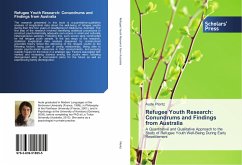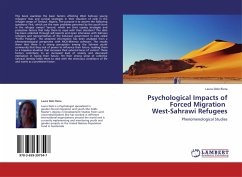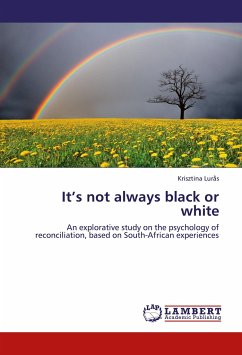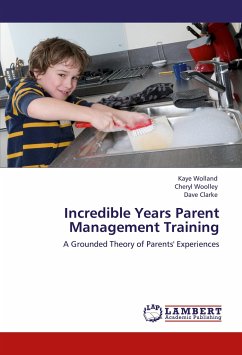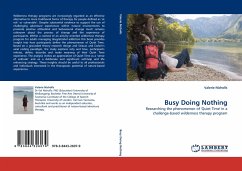The research presented in this book is a quantitative-qualitative analysis of longitudinal data about the well-being of refugee youths during their first four years of resettlement in Melbourne, Australia. The first step of the research involved identifying statistical procedures to construct psychometrically adequate sum scores in small and culturally heterogeneous samples. Following this, such scores were constructed for the refugee youth sample. In the last steps of the research, statistical longitudinal data analysis deepened by constructivist grounded theory linked the well-being of the refugee youths to the following factors: being part of caring relationships, being able to access psycho-social resources in their environments, and pursuing realistic hopes for the future in a strategic way. Factors associated with marked and increasing distress among the youths were: following disorganised aims or inconsistent plans for the future as well as experiencing family disintegration.
Bitte wählen Sie Ihr Anliegen aus.
Rechnungen
Retourenschein anfordern
Bestellstatus
Storno

